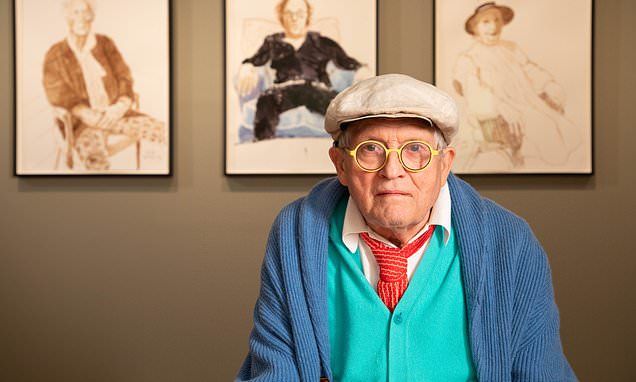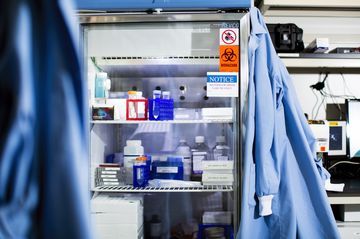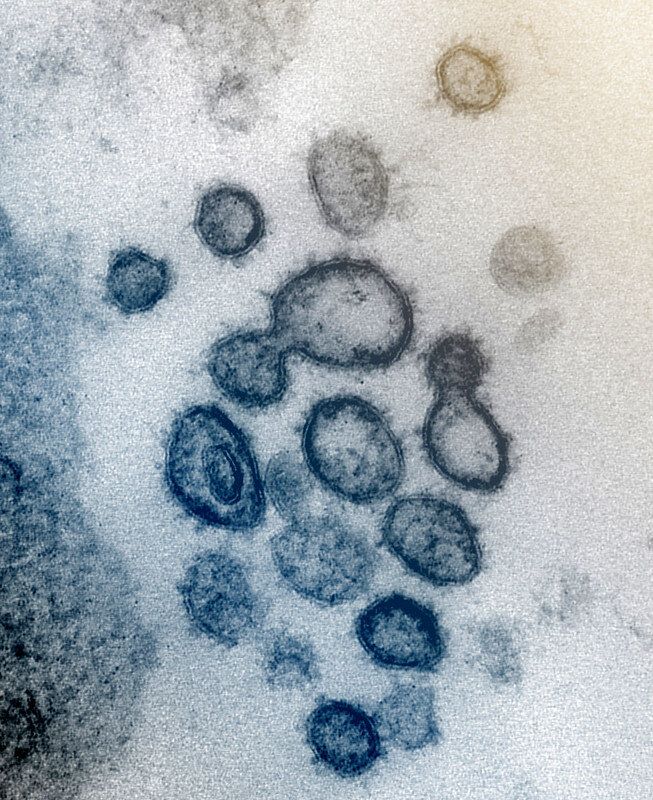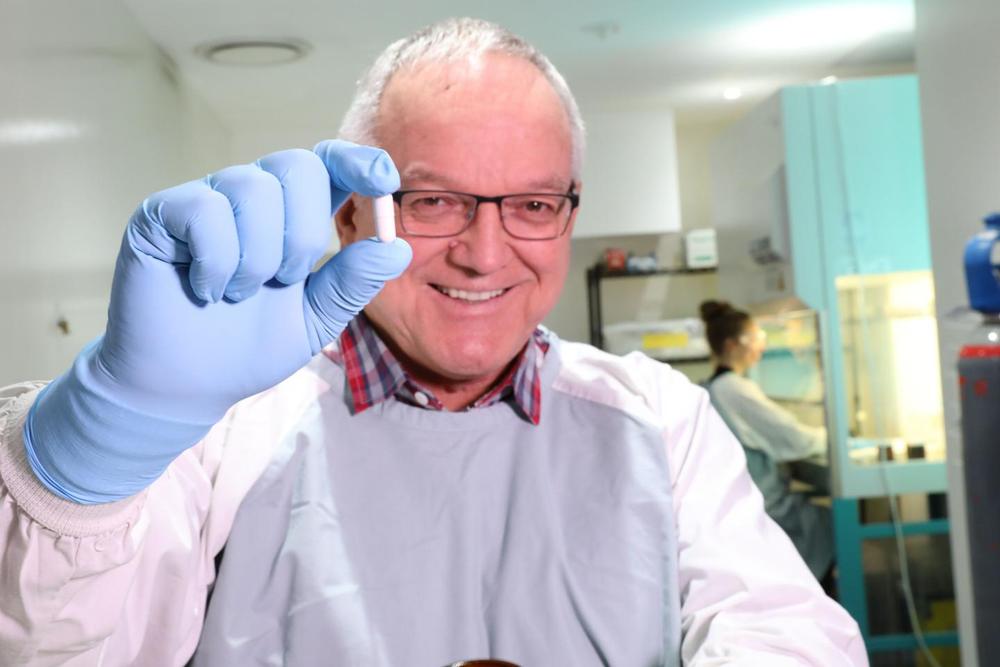Faith Osier, President of the IUIS — International Union of Immunological Societies, calls on researchers to share knowledge and resources to halt the coronavirus (COVID-19) pandemic, as she launches an expert commentary and webinar series on scientific and civil responses to the outbreak.
See all interviews: https://fro.ntiers.in/yDH4








